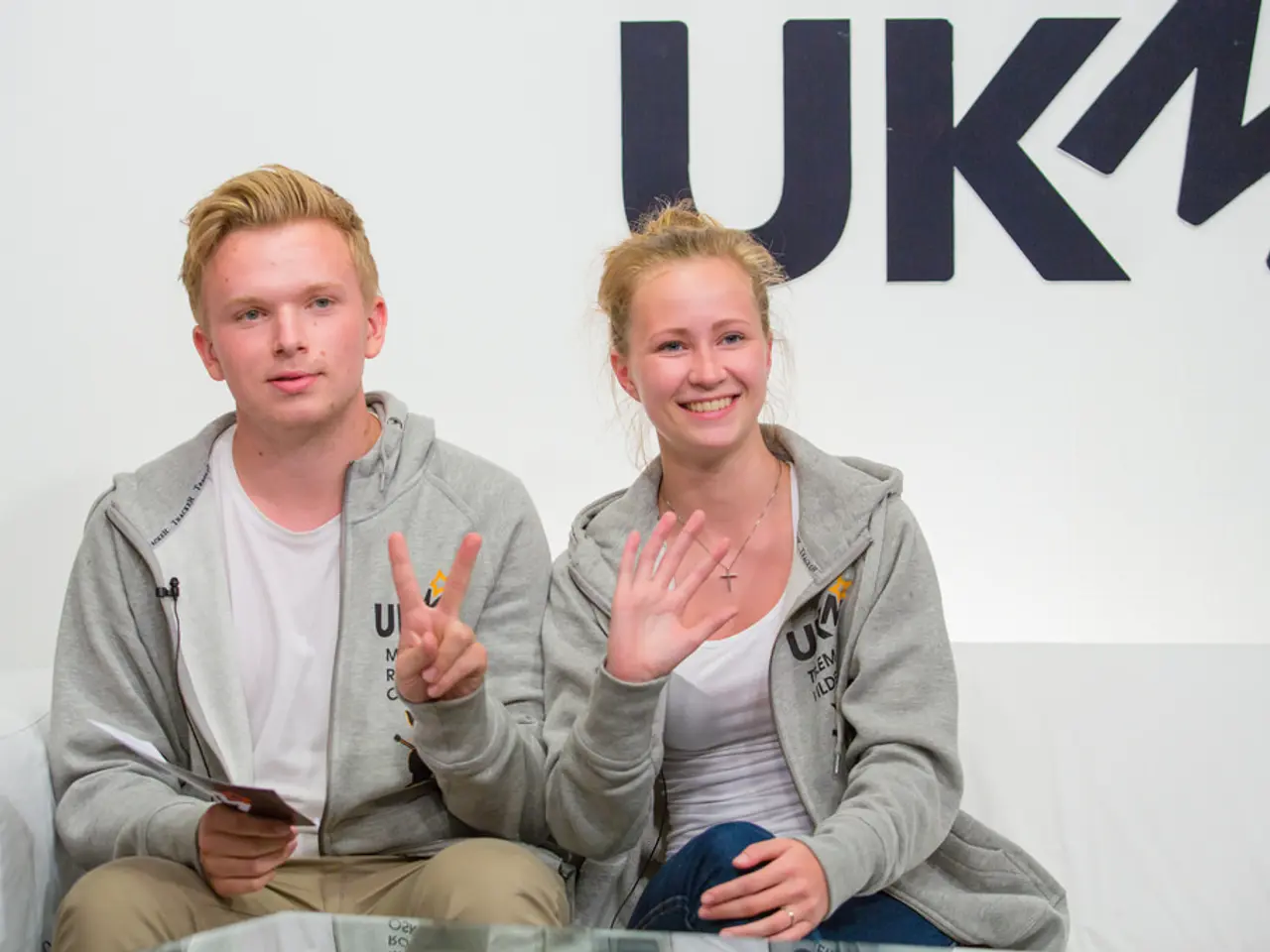Majority of Germans affirm belief in binary gender structure, according to recent survey findings
In a study conducted by market and social research institute INSA-Consulere, on behalf of the Protestant news agency IDEA, it was discovered that an impressive 62% of Germans firmly believed that there are only two genders - man and woman. This belief was held less by 27% of respondents, while 8%, 3%, and a negligible percentage, respectively, did not know or chose not to answer.
The survey, which interviewed 2004 adults between 9th and 12th May, revealed an interesting trend: men were more likely than women (69% vs 55%) to subscribe to the binary gender viewpoint. Geographical differences were also present, with East Germans being more inclined to agree with the statement than their Western counterparts (66% and 61%, respectively).
When analyzing ages, a striking pattern emerged: the youngest demographic, aged 18 to 29, was the most likely to hold this belief at 69%, followed closely by 30-39-year-olds at 64% and 40-49-year-olds at 62%. Among older age groups, almost as many (61%) 50-59-year-olds agreed as did those aged 60 and over (58%).
Political affiliation also played a role, with sympathizers of the Alternative for Germany (AfD) party being the most likely to believe there are only two genders (85%), as compared to 67% and 52% of Christian Democratic Union (CDU) and Social Democratic party (SPD) voters, respectively. Notably, half of left-wing voters believed that there were more than two genders, while 61% of Green party supporters held the binary gender view.
A survey of various religious denominations found that the majority of Christians – free church members (70%), Roman Catholics (64%), and members of the EKD (61%) – supported the binary gender view. Interestingly, 74% of Muslims shared this belief, as did 59% of those not affiliated with a particular denomination.
In the realm of broader society, it's worth considering that age, gender, political affiliation, and religious denomination can significantly influence beliefs about gender diversity. Younger generations are generally more accepting of a broader range of genders than older generations. Additionally, women tend to be more supportive of gender diversity than men, and left-wing political affiliations are more accepting compared to right-wing political parties. Lastly, secural individuals and certain religious denominations exhibit more openness towards diverse gender identities than others.
Join us at Evangelical Focus to become part of a mission committed to exploring these and other issues shaping Europe today. Learn more about our #TogetherInThisMission initiative here.
Social media can be a platform for discussing and debating the topic of gender diversity, as it allows individuals from various age groups, genders, political affiliations, and religious denominations to share their perspectives. For example, participants in the #TogetherInThisMission initiative on Evangelical Focus can engage in insightful conversations about the findings from the survey on gender beliefs in Germany.
Moreover, entertainment media has the potential to impact public understanding and acceptance of diverse gender identities. The portrayal of gender diversity in movies, television shows, and music can help foster empathy and challenge stereotypes, ultimately contributing to a more inclusive and understanding society.






